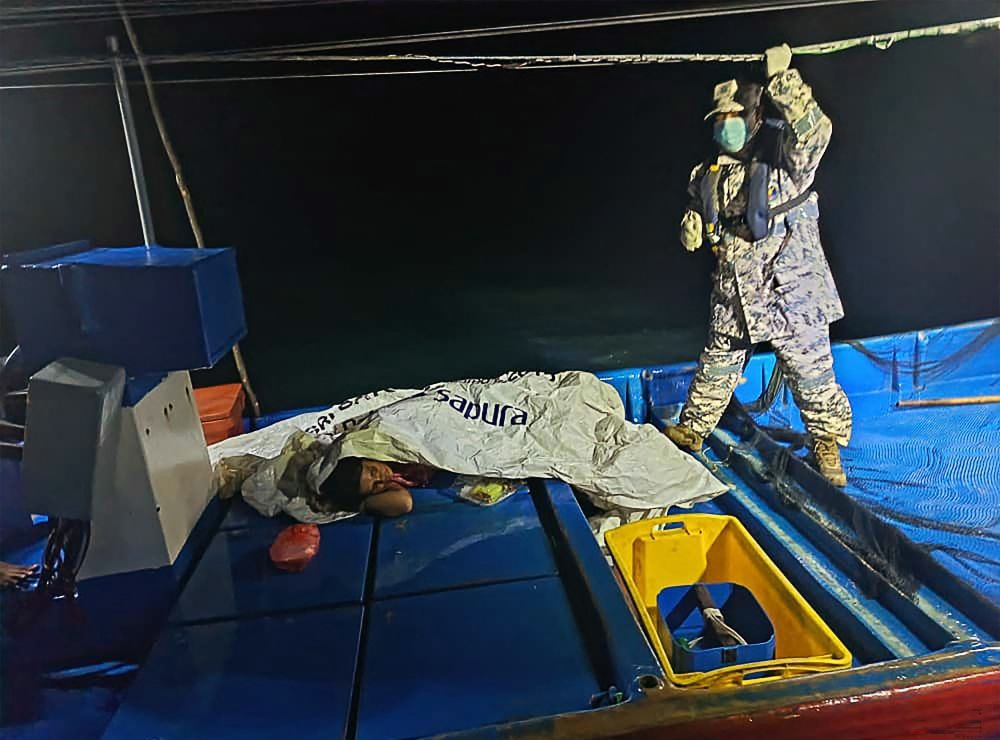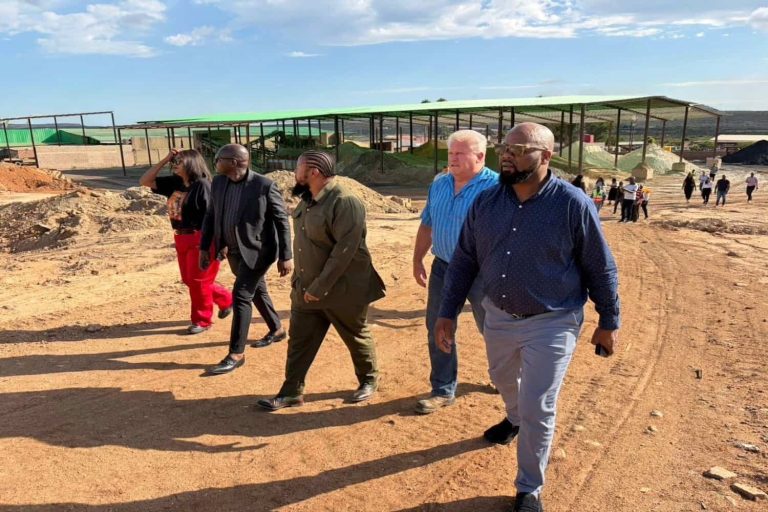
Authorities in Malaysia and Thailand have recovered at least 21 bodies as the search continues for survivors of a migrant boat that capsized four days ago near Thailand’s Tarutao Island. Police and maritime officials confirmed the updated toll on Monday.
The vessel, carrying an estimated 70 undocumented migrants—many believed to be members of Myanmar’s persecuted Rohingya minority—was attempting to reach Malaysia when it overturned in rough waters. According to police, the passengers were part of a larger group of about 300 migrants, split across at least two boats during the dangerous journey.
Tarutao Island lies just north of Malaysia’s popular Langkawi Island, where search-and-rescue efforts are now being concentrated.
Romli Mustafa, director of the Malaysian Maritime Enforcement Agency (MMEA) for the northern states of Kedah and Perlis, said five more bodies were recovered on Monday, though their nationality has not yet been confirmed.
The seven victims retrieved over the weekend were all identified as Rohingya.
“Our Thai counterparts have so far recovered nine bodies, with no survivors found in Thai waters,” Romli told reporters.
He added that the multinational search operation—expected to run for at least seven days—will continue to expand, guided by further findings and weather conditions. Earlier on Monday, Romli said 12 vessels were scanning an area covering 250 square nautical miles, roughly the size of Singapore.
MMEA vessels left Langkawi at dawn on Monday but were buffeted by choppy seas and intense heat, forcing one boat to briefly seek shelter on a nearby island before resuming the mission.
High-Risk Routes and Human Trafficking
Authorities say 13 survivors—all Rohingya and Bangladeshis—have been rescued so far. Police believe the group set out from Myanmar around two weeks ago, while a second vessel that departed at the same time has also been reported missing.
Malaysia, one of Southeast Asia’s more prosperous nations, hosts millions of migrants from across the region, many of them undocumented workers employed in agriculture, construction, and other labor-intensive sectors.
But the sea crossings used to reach the country are often treacherous, controlled by human trafficking syndicates who overload fragile boats and charge migrants up to $3,500 per person.
“Cross-border syndicates are increasingly active, exploiting vulnerable migrants and putting their lives at risk through dangerous sea routes,” Romli said.
He expressed hope that additional survivors may still be found when search operations resume Tuesday morning.
The Rohingya, long subjected to persecution and statelessness in Myanmar, continue to flee repression, violence, and deepening civil conflict.
According to the UN Refugee Agency, 657 Rohingya died in regional waters in 2024, underscoring the deadly nature of these journeys.



